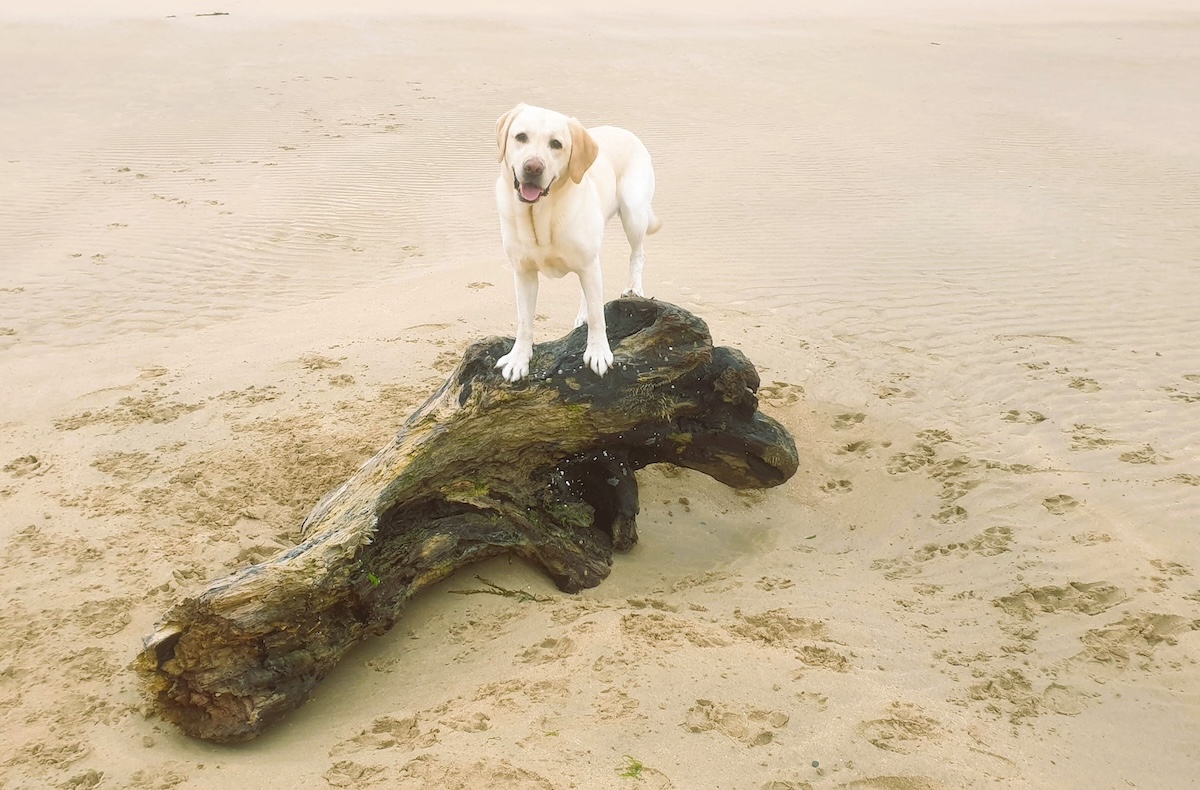One topic that almost always sparks debate among dog parents and dog lovers is if changing a dog’s name is an appropriate thing to do. Some consider that changing a dog’s name would just lead to confusion, while others claim that dogs can adapt to a new name with time and patience.
So, can you change a dog’s name? Is it the right thing to do? The simple answer is yes, you can change a dog’s name, but there are instances in which doing so might not be the best idea.
In this article, we discuss changing your dog’s name, the potential issues, how you can help your dog adapt to a new name, and more!
When Is Changing Your Dog’s Name a Good Idea?
If you’re considering changing your dog’s name, it’s beneficial to know in which situations this would be a good idea:
1. You adopted a shelter dog
When you adopt a dog, they may have been given a name by the people working in the shelter. However, most shelter dogs are unaware of their names unless they were owner surrendered. So, in most instances, it’s best to change the name of a dog that you just adopted to one that you and your family would rather use. This will strengthen your bond and help your new lifelong companion adapt to your family more easily.
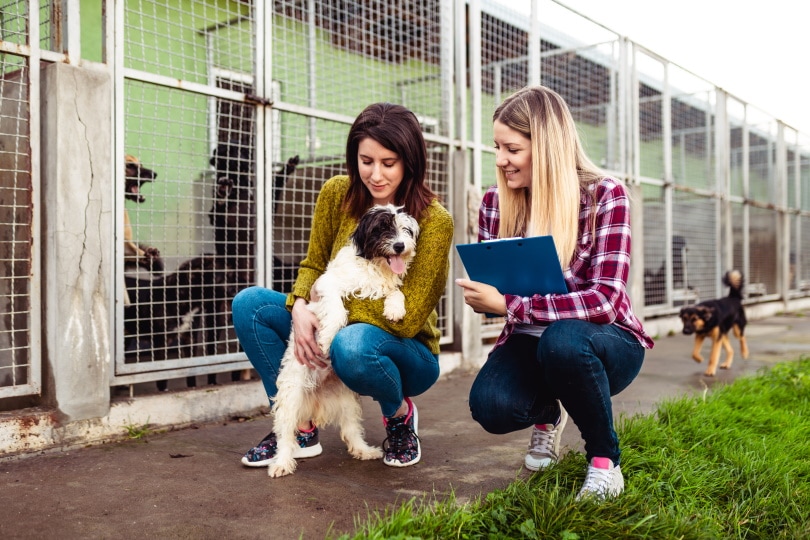
2. Your furry companion was removed from an abusive environment
If you got a dog that was previously in an abusive environment, changing their name might be crucial, as many abused dogs associate their name with violence. In these situations, giving a dog a new name is an act of kindness, and it will enable them to get a clean start and associate their new name with positive thoughts and memories.
3. Your dog has started to ignore the current given name
Some dogs may simply start to ignore their name after a while, which could jeopardize their safety in dangerous situations. If this happens with your canine, it might be a good idea to come up with a new name for your furry friend.
When Is Changing Your Dog’s Name Not Such a Good Idea?
In certain situations, changing your dog’s name can be confusing. For example, if you adopted your dog from a loving family and they are already well-adapted to their current name, changing it would be unnecessary and could confuse them. The same goes for people who are either buying or adopting service or working dogs that are already used to their names.
Even in these situations, though, changing a dog’s name isn’t impossible to do. It’s just that if your dog is well-adapted to their current name, it might be unnecessary, especially since changing a dog’s name requires plenty of adaptation, patience, and endurance.
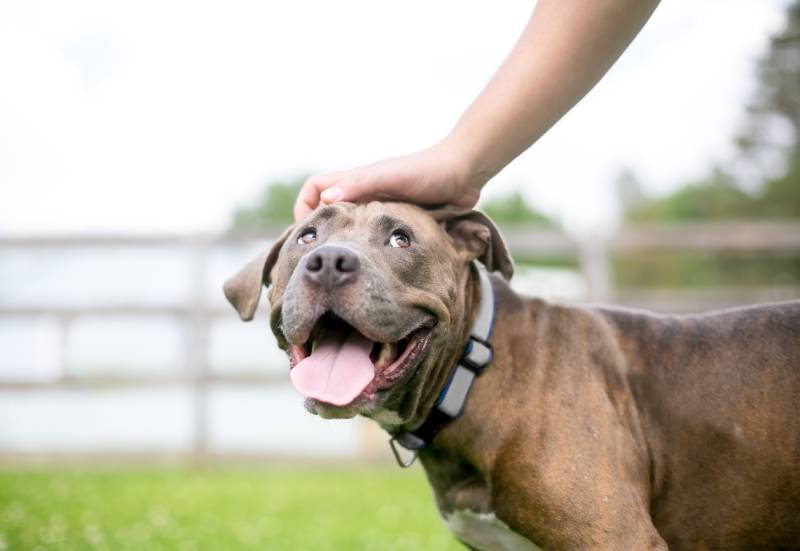
How to Change a Dog’s Name: Helpful Tips & Tricks
If you’re determined to change your dog’s name, here’s a list with the best tips and tricks to help your dog adapt more easily:
- Combine the old name with the new one — If your dog’s name was already established before the change, try to combine the old name with the new one. Once your dog starts recognizing the name, you can drop the old one and just use the new one instead.
- Use the new name often — To help your dog get accustomed to their new name, be sure to use it often and help your furry friend associate it with positive thoughts and situations.
- Reward and praise your dog when they respond to the new name — During the first few days of the name change, it’s always good to carry treats around you and praise your furry companion when they respond to the new name. Positive reinforcement will help your dog learn that good things are associated with the new name, enabling them to adapt to it more easily.
- Be patient — Changing a dog’s name takes time and patience, so be well prepared and full of patience while you and your dog go through this process together. The name change can be a great bonding experience for you and your canine if you approach the situation with love and care.
What Are the Potential Issues of Renaming Your Dog?
When approached with care and thoughtfulness, changing your dog’s name can be a positive experience and help you and your dog develop a stronger bond. However, in some situations, you may experience issues.
Depending on how you approach the name change, your dog could either adapt easily or become confused. There’s also a risk of the whole process becoming too long and exhausting.
Still, many of the potential issues of renaming your dog are low risk as long as you are positive, have a good temper, and let your dog adapt at their own pace.
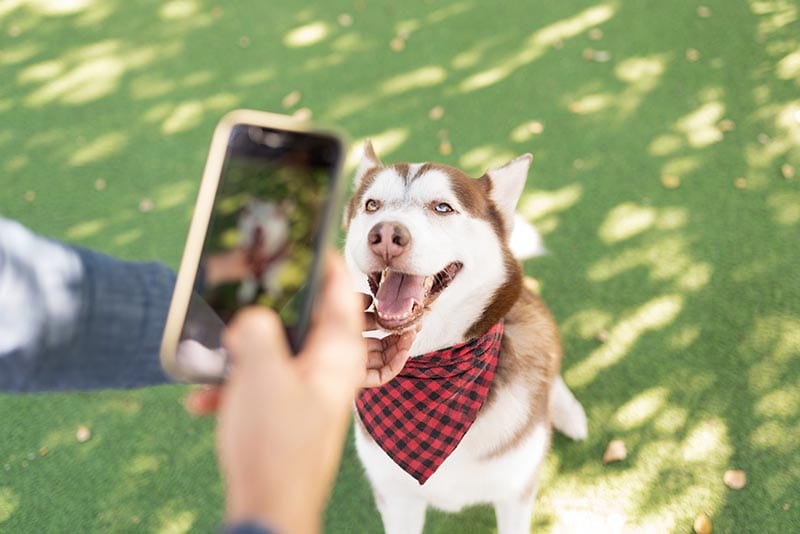
 Frequently Asked Questions
Frequently Asked Questions
How to Choose a New Name for Your Dog
If you’re considering renaming your dog, you’re likely thinking about new names for your furry friend. In most situations, finding a new name can be fun and exciting, but it can also be tiring, especially if you have many ideas or lack inspiration.
So, here’s a list of tips that will help you find the perfect new name for your canine companion:
- Look for names that end in a vowel, as they’re easy to pronounce and understand.
- Avoid harsh names and ones that sound like commands.
- Go for simple names; avoid complicated ones that are too long.
- Try out different names until you determine which one sounds better and which one gets your dog’s attention.
- Consider your dog’s appearance, personality, and your own preferences to find a unique name for your dog.
How Long Does It Take for a Dog to Adapt to a New Name?
Every dog is different, and each will take a different amount of time to get used to their new name. In most situations, dogs take around a month or two to adapt to a new name; younger dogs are often faster at picking up a new name compared to older dogs.
During this period, you should always call your dog by their new name, reward their responsiveness, and be patient until your furry friend is fully accustomed to their new name.
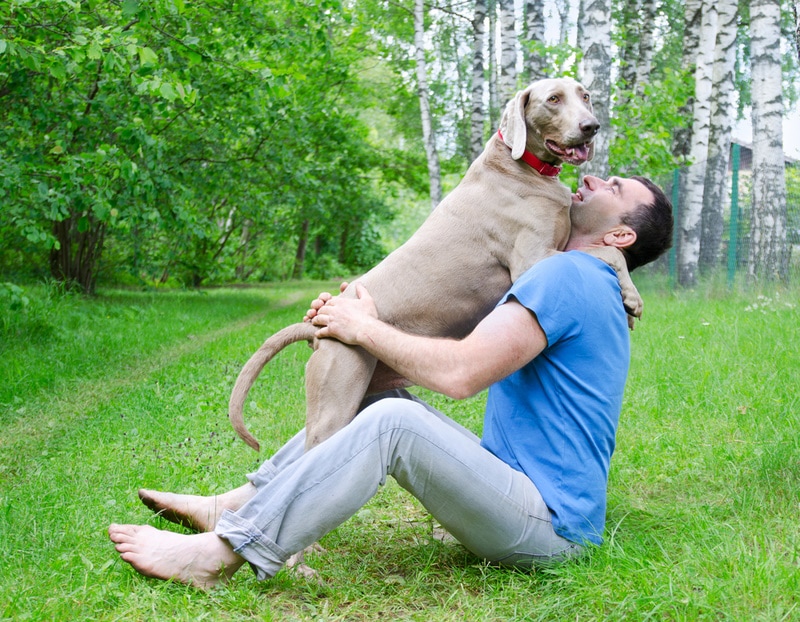
 Conclusion
Conclusion
Changing the name of your canine is indeed possible and even advisable after adoption or if your dog becomes unresponsive to their current name.
However, keep in mind that this can be a long process that requires time and dedication, so be sure you’re up for the challenge!
Related Reads:
- Do Dogs Know Their Name? Explained By Science
- Why Does My Dog Scratch My Bed Sheets? Reasons for This Behavior
Featured Image Credit: Page Light Studios, Shutterstock
Contents
- When Is Changing Your Dog’s Name a Good Idea?
- 1. You adopted a shelter dog
- 2. Your furry companion was removed from an abusive environment
- 3. Your dog has started to ignore the current given name
- When Is Changing Your Dog’s Name Not Such a Good Idea?
- How to Change a Dog’s Name: Helpful Tips & Tricks
- What Are the Potential Issues of Renaming Your Dog?
- Frequently Asked Questions
- Conclusion










